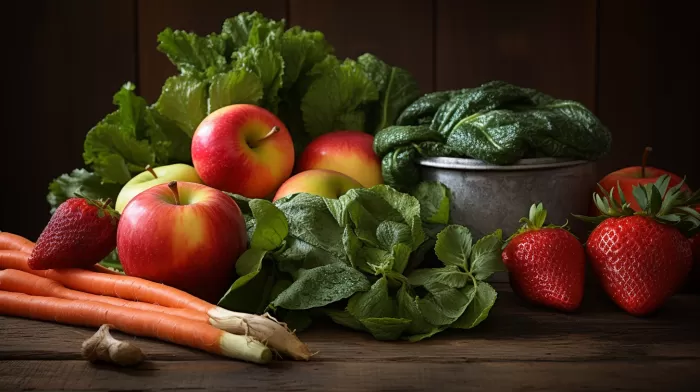It’s a well-known fact that eating organic as much as possible is essential for maintaining good health. With reports from the Environmental Workers Group (EWG) and studies published in the journal Environmental Research advocating organic food consumption, the task of switching to an organic-based diet might seem overwhelming, but the process can be simplified.
When it comes to dieting and maintaining good health, it is essential to avoid food that has been grown in toxic environments and sprayed with poisonous chemical pesticides and herbicides. Companies might claim these chemicals are safe, but they are not. Additionally, buying “farm fresh” food is not a guarantee that the food is safe. If the farmers are spraying their crops, supporting them is likely doing harm to your health.
A study published in the journal Environmental Research indicates that eating mostly organic food for as little as one week can reduce pesticide exposure in adults by almost 90%. As individuals, we should switch to organic food consumption until conventional food is genuinely safe for human consumption.
To make the switch to organic easier and less costly, begin by swapping out a few conventional foods. The EWG each year releases their “Dirty Dozen” list, which identifies the foods with the highest pesticide residues. Many of these fruits and vegetables have toxins that enter them through their roots. Washing or peeling them won’t protect you from a conventional apple’s chemical toxins.
The Dirty Dozen
When deciding which foods to switch from conventional to organic, start with the following:
- Apples
- Strawberries
- Grapes
- Celery
- Peaches
- Spinach
- Sweet bell peppers
- Nectarines (imported)
- Cucumber
- Cherry tomatoes
- Snap peas (imported)
- Potatoes
- Hot peppers
- Kale/collard greens
Some fresh foods are less contaminated with pesticides and herbicides and therefore have very little residue after spraying. The following list, called the “Clean 15”, are conventional produce that are safe to eat and do not require an organic label to be healthy.
The Clean 15
- Avocados
- Sweet corn
- Pineapples
- Cabbage
- Sweet peas (frozen)
- Onions
- Asparagus
- Mangoes
- Papayas
- Kiwi
- Eggplant
- Grapefruit
- Cantaloupe
- Cauliflower
- Sweet potatoes
Switching to an organic-based diet might require some significant changes, like switching grocery stores and altering your routine. However, the benefits of feeling better and being healthier far outweigh the drawbacks. So, try eating mainly organic for at least seven days and see how you feel. It’s no longer enough just to eat vegetables and fruit to be healthy. Most of what you eat must be organic.



![8 Simple Rules to Refresh Your Body with a Healthy Cleanse [See Pictures]](https://naturalhealthreserve.com/wp-content/uploads/2024/01/8-rules-healthy-cleanse-slideshow-300x168.webp)